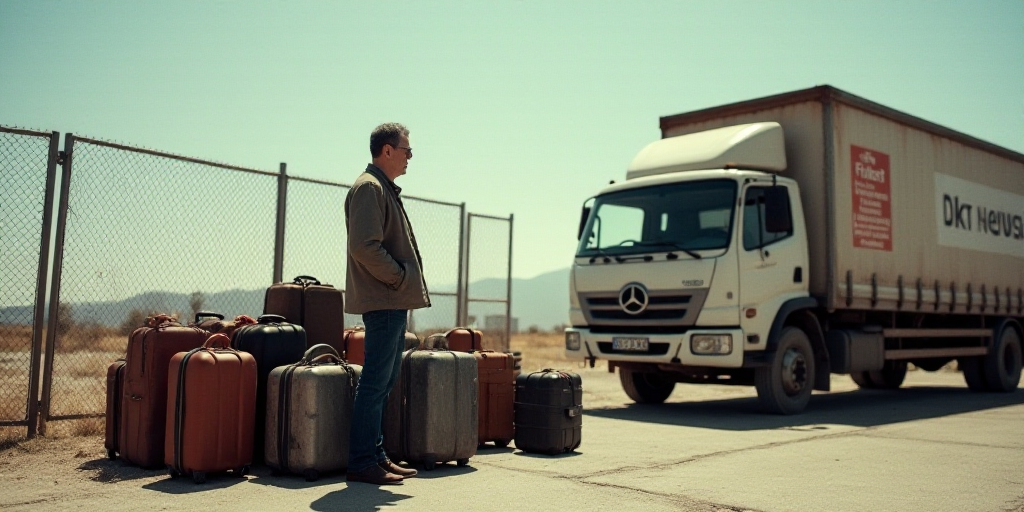Background on the Situation
The United Nations (UN) has announced that the global community aims to resettle approximately 120,000 refugees in 2026. This figure is slightly higher than the over 116,000 refugees resettled last year. Currently, around 2.5 million refugees will need resettlement next year, a decrease attributed to the voluntary return of Syrians to their home country.
Understanding Refugee Resettlement
Refugee resettlement is a specialized and rare process that involves transferring refugees from a first-asylum country to another state willing to host them, potentially granting them permanent residency.
The Role of ACNUR
Shabia Mantoo, spokesperson for the UN Refugee Agency (ACNUR), presented these figures. Although the number remains high, annual resettlement needs have dropped from 2.9 million this year to 2.5 million next year, despite the increasing global refugee population.
Syrian Impact on Resettlement Needs
The decrease is primarily due to the evolving situation in Syria, which has enabled voluntary returns, according to an ACNUR statement. In 2026, the groups with the highest resettlement needs will be Afghans (573,400), Syrians (442,400), South Sudanese (258,200), Sudanese (246,800), Rohingya (233,300), and Congolese (179,500).
Call for Increased Resettlement Capacity
Given the high need and limited resettlement places, ACNUR urges states with resettlement programs to maintain and expand their hosting capacities.
Resettlement Goals for 2026
The international community has set a target to resettle 120,000 refugees in 2026, slightly more than the over 116,000 resettled last year.
Key Questions and Answers
- What is the UN’s prediction for refugee resettlement in 2026? The UN predicts that approximately 120,000 refugees will be resettled in 2026.
- Why is the number of refugees needing resettlement decreasing? The decrease is mainly due to the voluntary return of Syrians to their home country.
- Who are the groups with the highest resettlement needs in 2026? The groups with the highest resettlement needs are Afghans, Syrians, South Sudanese, Sudanese, Rohingya, and Congolese.
- What is the call from ACNUR regarding resettlement capacity? ACNUR urges states with resettlement programs to maintain and expand their hosting capacities.






